Citizen Science in Action - A review of the third Swiss Citizen Science Conference
From 5-6 June 2025, the Swiss Citizen Science Conference “CitSciHelvetia” took place for the third time in Lausanne. This year's focus was on collaboration and partnerships between civil society and science. We from Citizen Science Zurich contributed with various formats.
Authors: Melanie Brand, Olivia Höhener, Priya Mohanty, Rosy Mondardini, Julienne Karzig, Ursina Roffler
Photos: Melanie Brand, Olivia Höhener
Organized by Le ColLaboratoire, the conference took place on the campus of the University of Lausanne. With a view of Lake Geneva and the mountain ranges beyond, an extensive and varied program awaited the 350 participants. A mixture of short presentations, workshops and a poster forum provided an opportunity for exchange, networking and inspiration. The motto Citizen Science in Action – Collaboration between Civic Society and Academia took account of the fact that current complex challenges – such as the biodiversity and climate crisis, the decline in social cohesion or issues in the healthcare system – require collective solutions. Solutions that build on the knowledge and experience of all those involved.
We at Citizen Science Zurich contributed to this year's conference with various formats. We present our highlights and impressions in this article.
Looking at the Citizen Science Checklist from different perspectives
Together with Tizian Zumthurm from Schweiz forscht, Melanie Brand offered a workshop on the jointly developed Citizen Science Checklist. The interactive checklist was developed based on the 10 Swiss Citizen Science Principles and asks questions on central topics of participatory research projects, for example: “Does your project exist thanks to the initiative or active participation of citizen scientists?” Depending on the answer, users receive feedback with follow-up questions, impulses and further information. In the workshop, the participants had the opportunity to work on the checklist in small groups and test it from the perspective of different stakeholders. In the feedback round, an exciting idea for an adaptation emerged: a participant suggested developing a checklist for citizen scientists to help them assess the quality of Citizen Science projects.
Creating space for encounters
We presented a poster about our event format, the Ideas Lab, which was tested for the first time in 2024. With the co-creative project workshop, we bring together representatives from science and society and support them in forming new partnerships and developing project ideas together. The format is an attempt to create spaces to enable encounters between civil society and academia and to involve civil society actors in research projects even before the actual project begins. We then asked the CitSciHelvetia visitors what spaces they need so that cooperation between civil society and science can really flourish. To this end, we brought along a box of Duplos, which were used to create exciting worlds and spaces. At the same time, participants were able to express their thoughts on post-its. For example, it was noted that universities should plan public engagement events together with the target groups in order to become open and attractive places. Others suggested organizing such events outside the university walls. In parks, cafés and other places where people already come together on a regular basis.
A successful transdisciplinary teaching project
Together with the students Romy Nigg, Maya Schärer and Sarah Sbalchiero, Melanie Brand presented the co-teaching format developed with Dr. Eva Riedke (University of Konstanz) "Citizens Consider(ed). Sustainability and AI in the Lake Constance region". In the seminars offered at the University of Zurich and the University of Konstanz, students develop their own Citizen Science projects in small groups and implement aspects of the participatory research approach in a focused manner. For example, projects on the use of a biodiversity app in school classes and the use of robots in care have been developed.
Designing a research infrastructure for Citizen Science
The EU RIECS-Concept project will conceptualize a European Research Infrastructure for Excellence in Citizen Science that will leverage citizens' resources (mobile phones, desktop computers, etc) and existing scientific resources (Citizen Science platforms, data collections, existing RIs, etc.) to provide transversal services to the research community. The consortium will co-create with a wide range of communities and scientific domains a catalogue of resources, best practices, gaps assessment, legal and ethical considerations, sustainability and governance frameworks. Rosy Mondardini introduced RIECS to the participants, highlighting Citizen Science Zurich’s role and illustrating the process that could include Switzerland among the users and beneficiaries of the infrastructure.
Citizen Science at universities and universities of applied sciences - building a national community of practice
Citizen Science Connected is a project of Citizen Science Zurich in cooperation with the University of Geneva. The immediate goal of the project is to establish a national network of so-called “Citizen Science Contact Points” at universities and universities of applied sciences. At the end of the project, these contact points should be visible and approachable locally for people from research and civil society who are interested in Citizen Science. But what does this mean in concrete terms for the profiles of potential contact points? What requirements are placed on them by students, researchers, people from civil society or the university administration? What knowledge and skills do they need to meet these requirements? The diverse audience at CitSciHelvetia offered us the ideal opportunity to sharpen the profiles of CS Contact Points. What quickly became clear: The requirements are complex! Ideally, a contact point should therefore not consist of a single person, but of a team of at least two people. After all, a successful contact point should be accessible and connectable for different groups – understandable and inviting for civil society actors, familiar with the logic of researchers and sensitive to the perspectives of students. At the same time, contact points should act as a collection point for everything about Citizen Science – a place where information, people and projects come together. Strong communication skills are a key prerequisite for this: be it for planning events, supporting projects or establishing networks. Added to this are persuasiveness and a genuine commitment to Citizen Science.
Conclusion and outlook
The large number of contributions at this year's CitSciHelvetia shows once again how lively and diverse Citizen Science and participatory research are in Switzerland! The community is constantly growing and welcomes new players, including those from civil society. Regular events such as CitSciHelvetia are necessary in order to network nationally, exchange experiences and developments and gain new impulses.
At the end of the conference, the venue for the next conference in two years' time had not yet been decided, and to some, two years seemed like quite a long time to wait. In Zurich, we're doing something to remedy this: From 6-7 November, we'll be hosting the second European Citizen Science for Health Conferenz. You can register here until 1 September 2025 (early bird) or 26 October 2025 (regular registration).
With the Citizen Science Connected project presented at CitSciHelvetia, we are promoting the sustainable networking of actors in the field of Citizen Science at universities and universities of applied sciences in Switzerland. Are you interested? Then get in touch with us!
We look forward to a lively exchange with the diverse communities!
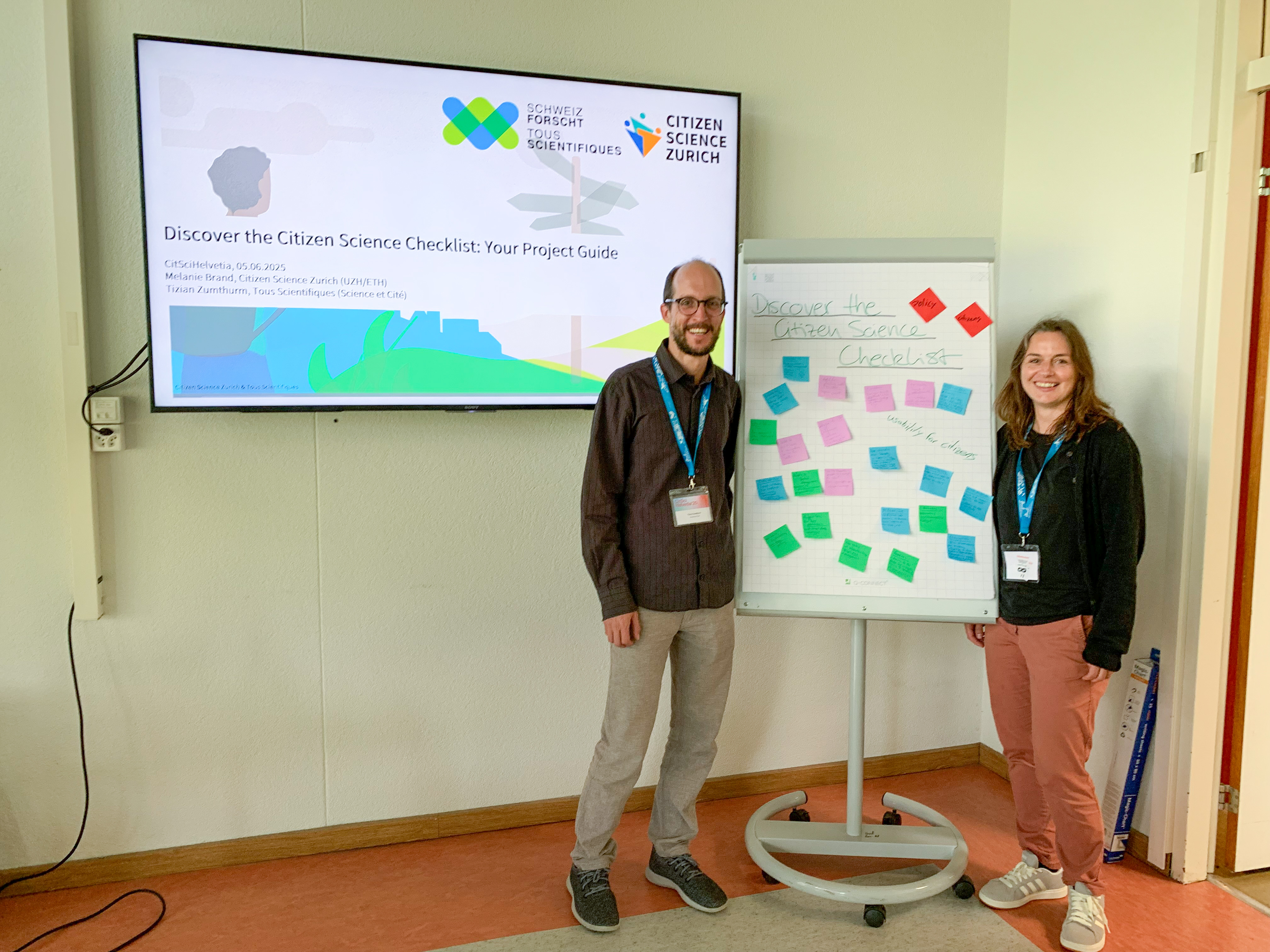
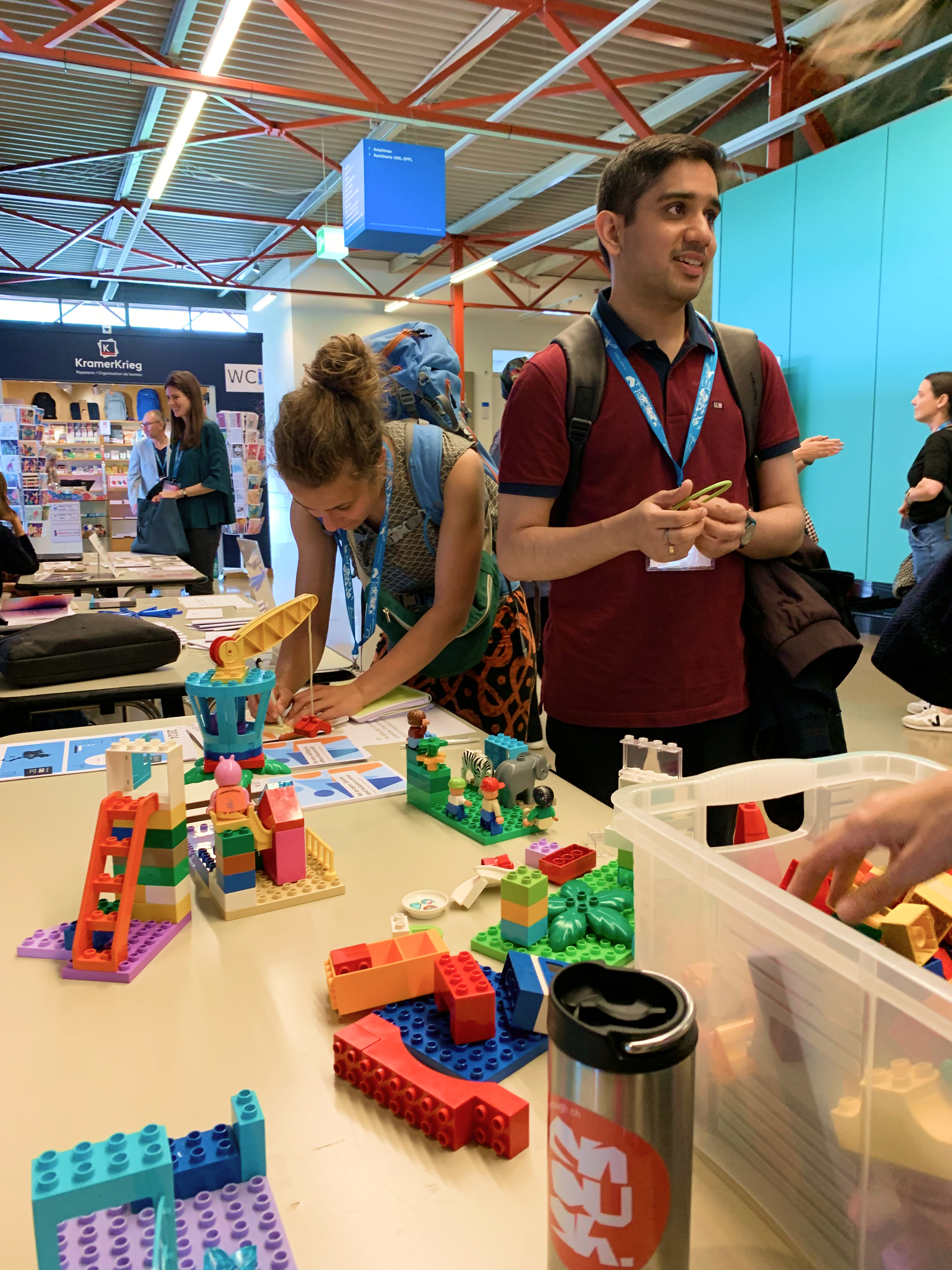
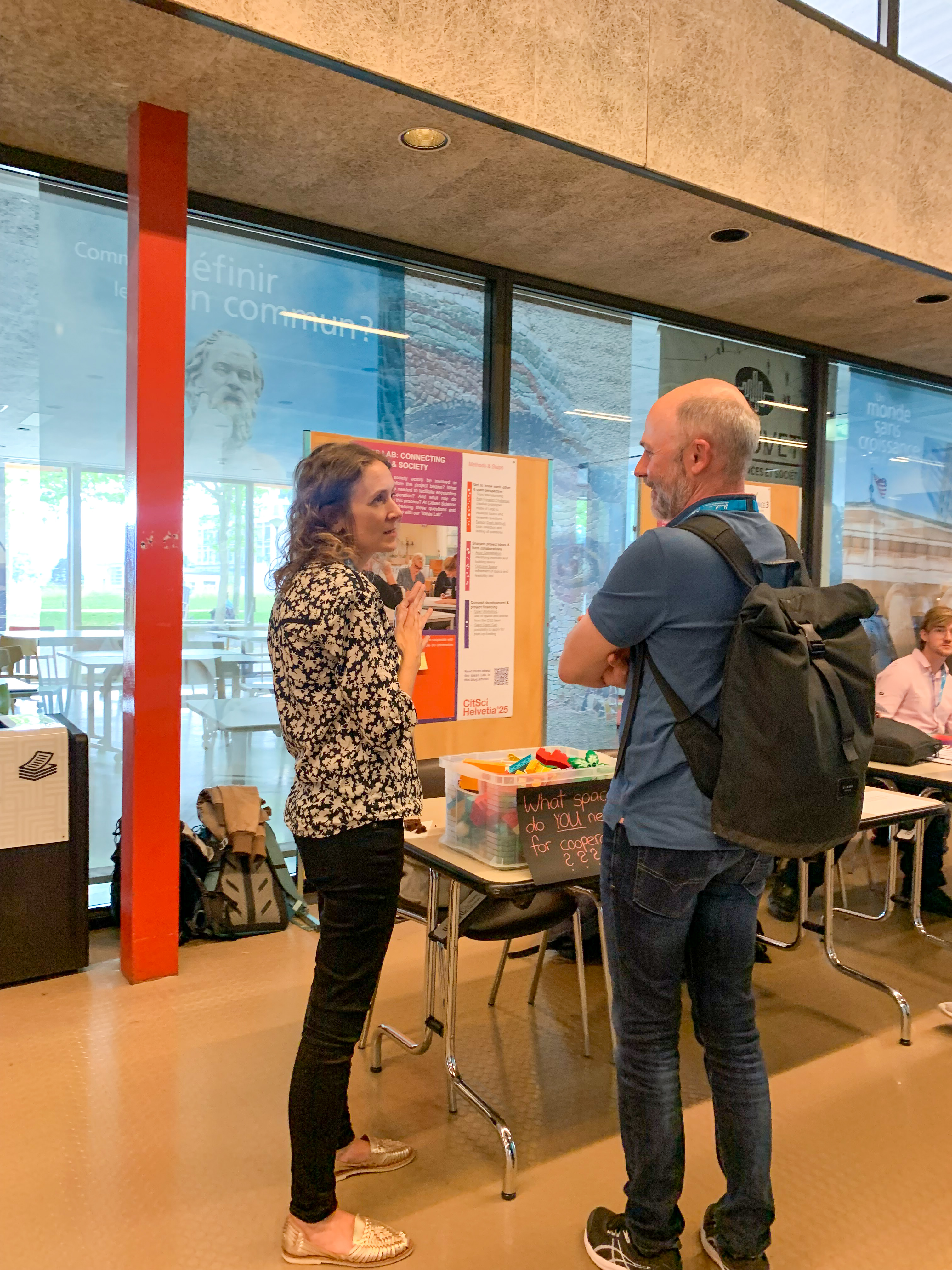
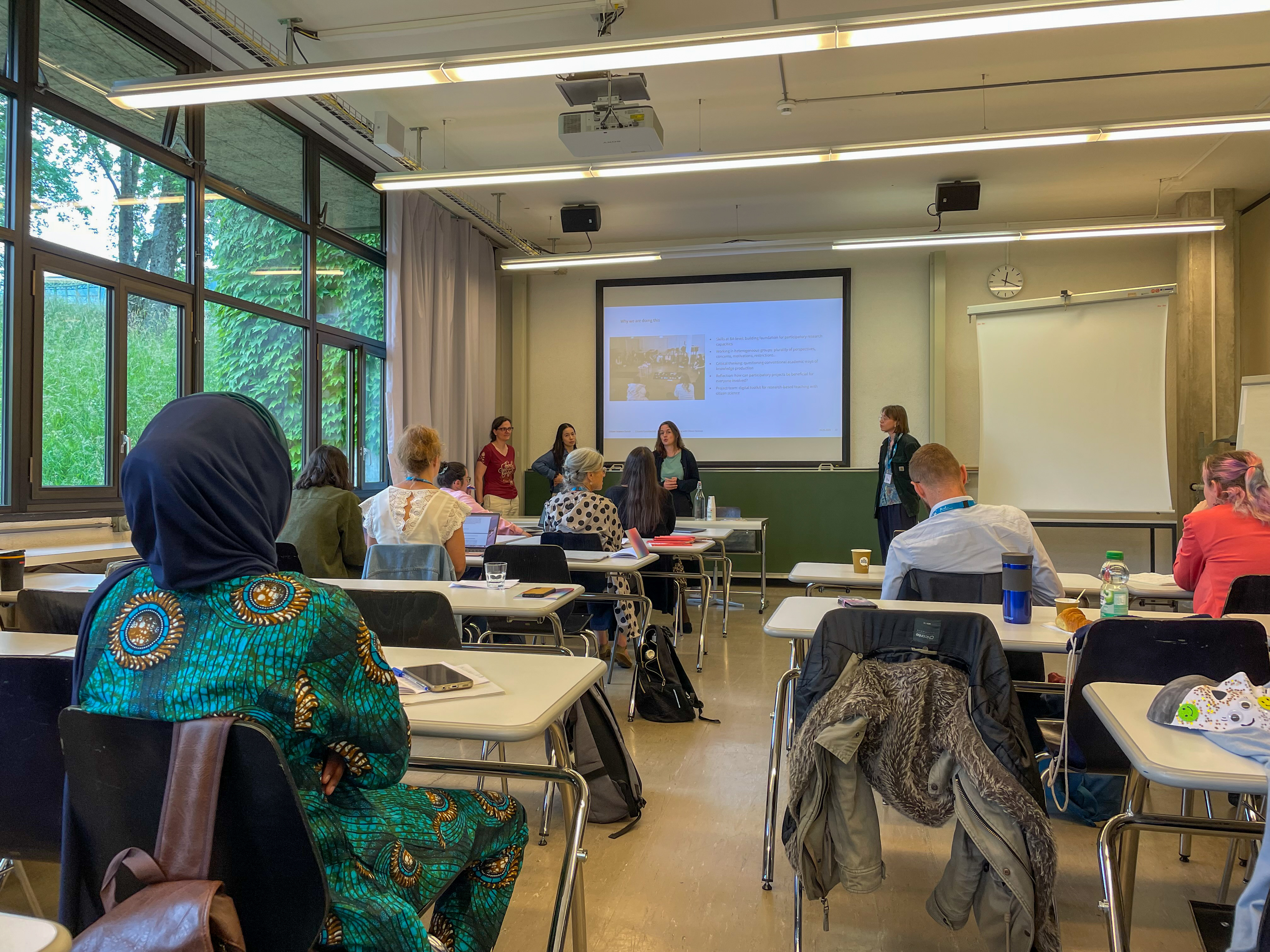
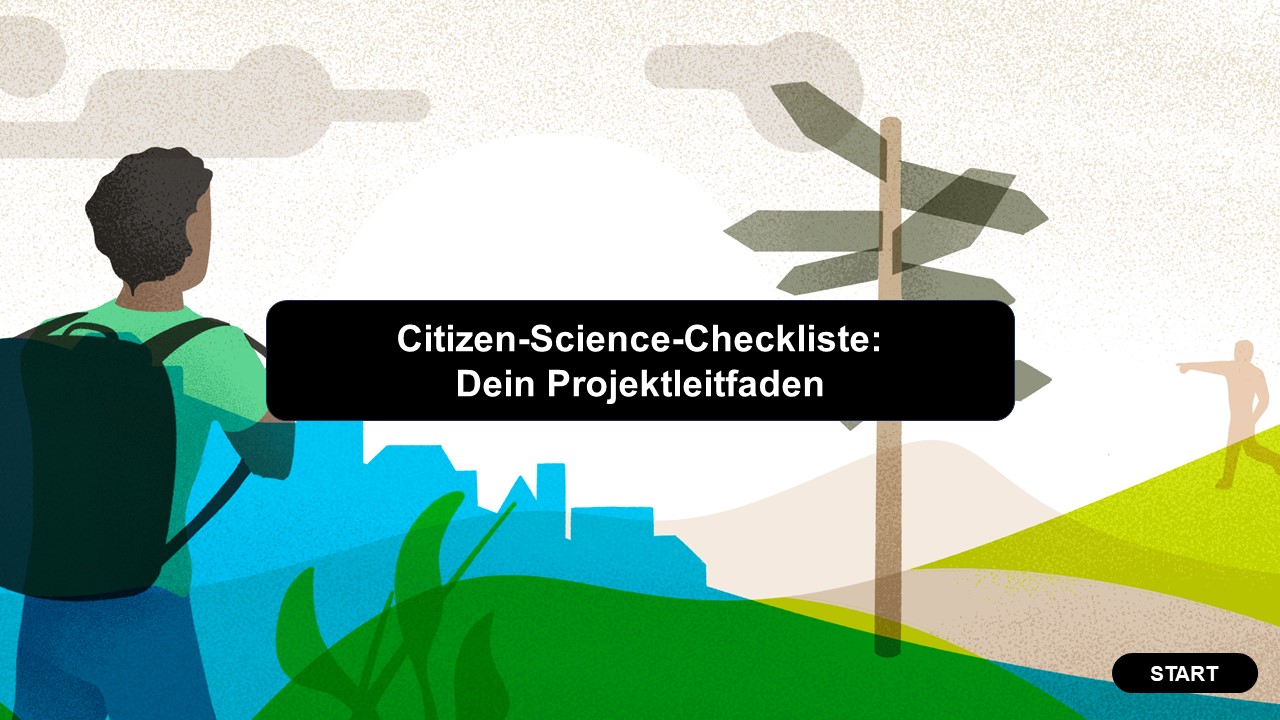
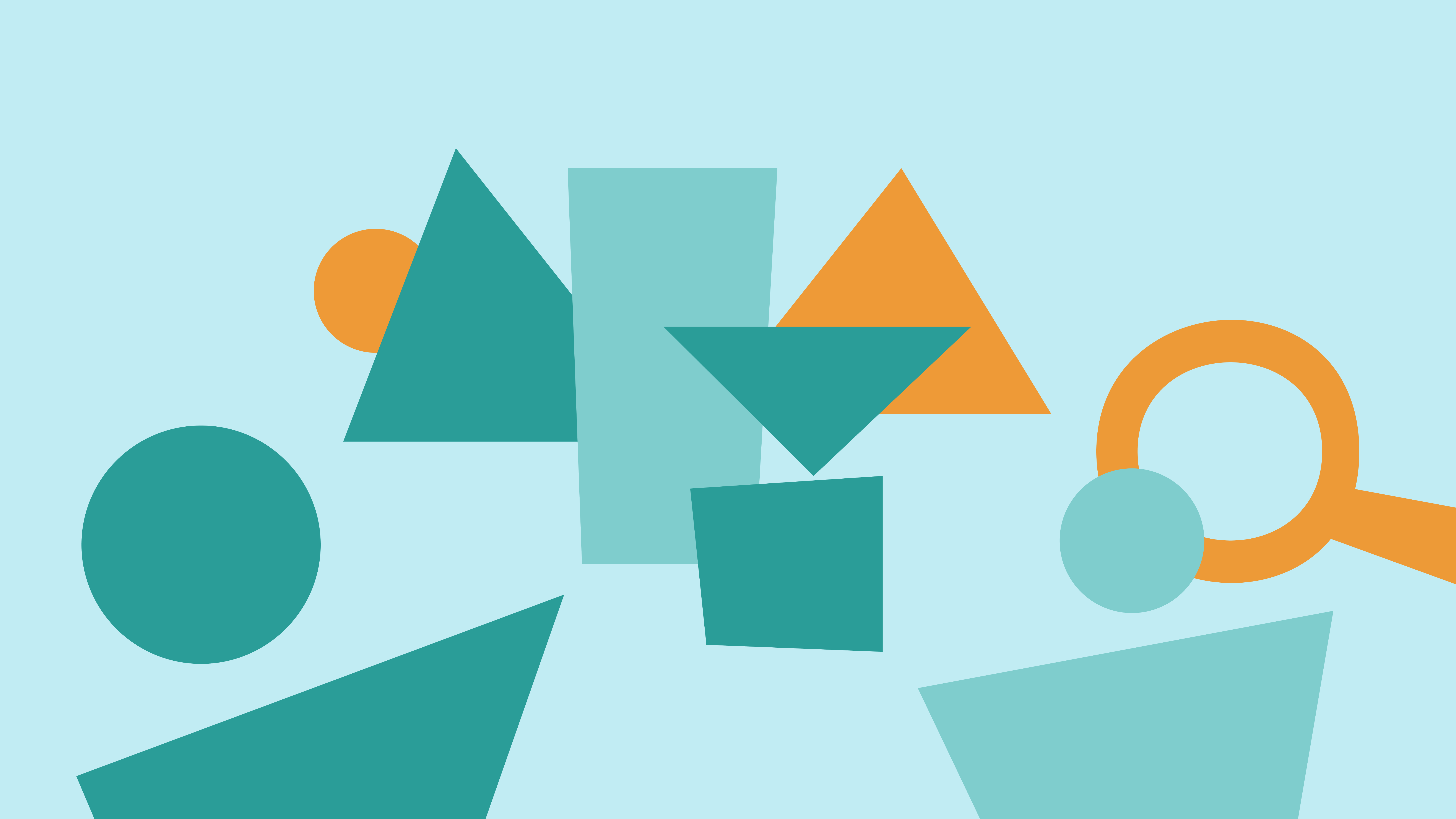
.jpg)